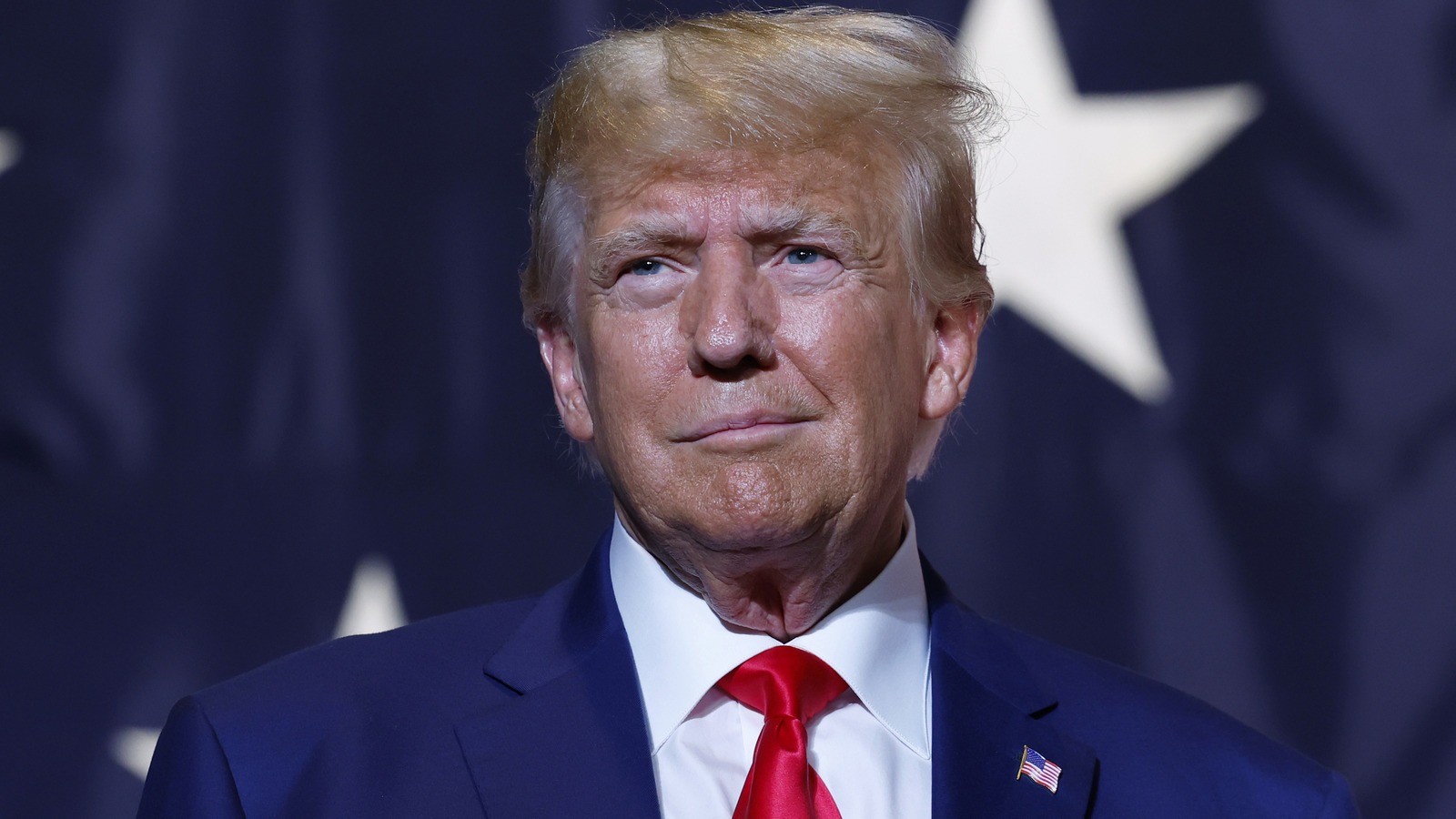
Why House of the Dragon’s Premiere Kept Referencing King Maegor Targaryen
House of the Dragon begins with the Great Council of 101, nearly 180 years before Game of Thrones. And yet, the figure whose presence most loomed over the premiere died long before that gathering at Harrenhal. The first episode of HBO’s spinoff series featured two references to Maegor the Cruel, the third Targaryen king. His bloody reign ended almost 70 years before Viserys named Rhaenyra his successor. But it’s no surprise Maegor was still on the mind of so many long after his death. Despite most of the prequel show’s characters never having lived under Maegor’s rule, they’re all destined to suffer because of it. The civil war that is coming to House Targaryen started the day Maegor stole the Iron Throne for himself.
King Jaehaerys I ruled for 55 prosperous and peaceful years, but he outlived most of his children and had no obvious heir. And he had good reason to fear what might happen if he did not have an unquestioned succession to follow him. House Targaryen knew firsthand what kind of violence that could result in.
When Aegon the Conqueror died, his eldest son, Aenys, ascended to the Iron Throne. That was both the custom and expectation as stipulated by Westeros’s laws of inheritance. But when Aenys died just five years later, his own son Aegon did not become king. Instead Aenys’s half-brother Maegor claimed the Iron Throne for himself.
Maegor, one of the Realm’s most intimidating and fearsome warriors ever, who claimed his father’s dragon as his own, did not become king without question. He simply answered those questions with blood. He murdered anyone who challenged him, including Grand Maesters, and used force to supplant his claim as king. And when his nephew Aegon came for his crown—supported by some powerful houses, with more rumored to be joining him—Maegor killed him in battle, earning the accursed name of kinslayer.
The rest of Maegor’s six-year reign was just as bloody and violent. He waged war with the Faith Militant and any lords who angered him. He took numerous wives simultaneously and killed many of them when they didn’t deliver him a son. He burned keeps and lands on the back of Balerion, the largest dragon ever in Westeros. And he not only tortured enemies, he killed their families. If anything, his ignoble moniker of “The Cruel” is too kind. He was a butcher and a monster, loved by few. By the time of his mysterious death (impaled while sitting on the Iron Throne) most of the Realm had turned on him. That included his Queen (also his niece), his family, and even some of his Kingsguard. They supported the rightful heir by law: Aenys’s grandson Jaehaerys.
King Jaehaerys, known as The Conciliator, brought stability to the Realm. That’s why in House of the Dragon’s premiere, Rhaenys (The Queen Who Never Was) called the knights of Westeros “green.” She said “none have known real war” since Maegor died. But Maegor’s true lasting legacy, a legacy that will last throughout the spinoff series, was most felt during the Small Council talk about Viserys’s heir.
After the deaths of Queen Aemma and her newborn son, there should have been no question about succession. By tradition and precedent, King Viserys’s brother Daemon Targaryen was once again in line to inherit the throne. Instead, the Hand of the King, Ser Otto Hightower, called a meeting of the Small Council to discuss the issue. There Hightower told the king why they could not possibly let his brother sit on the Iron Throne. “Daemon would be a second Maegor, or worse. He is impulsive and violent. It is the duty of this council to protect the king and the realm from him.”
If Maegor the Cruel never sat on the Iron Throne, it’s possible no one ever would have questioned Daemon’s claim. Men like Ser Otto Hightower still might have worried about what kind of king he’d be, but they also might have hoped for the best. They could have put their faith in the idea the Iron Throne would make Daemon a better, more responsible man. Instead everyone in Westeros knew exactly how that seat can magnify a dangerous man’s worst impulses. Total power in the hands of someone unworthy can result in a menace to the entire world, just as it did Maegor. What no one on the Small Council appreciated in that moment, though, was that Maegor’s reign was still a menace to Westeros.
Maegor’s bloody ascension, which included killing another Targaryen, made King Jaehaerys call all the great lords of Westeros together to ensure his death would not mean war. And he succeeded. His grandson peacefully claimed the Iron Throne and the Realm continued to know tranquility during his rule. But because the Seven Kingdoms feared Daemon would be Maegor reborn, that peace was not destined to follow Viserys. That’s why House of the Dragon can’t stop talking about Maegor the Cruel. The civil war known as The Dance of the Dragons we know is coming will start because of him.
Mikey Walsh is a staff writer at Nerdist who (whether you want him to or not) loves talking and writing about Westeros with anyone and everyone. You can do that with him on Twitter @burgermike.
For all the latest TV news, reviews, lists and features, follow @Paste_TV.















